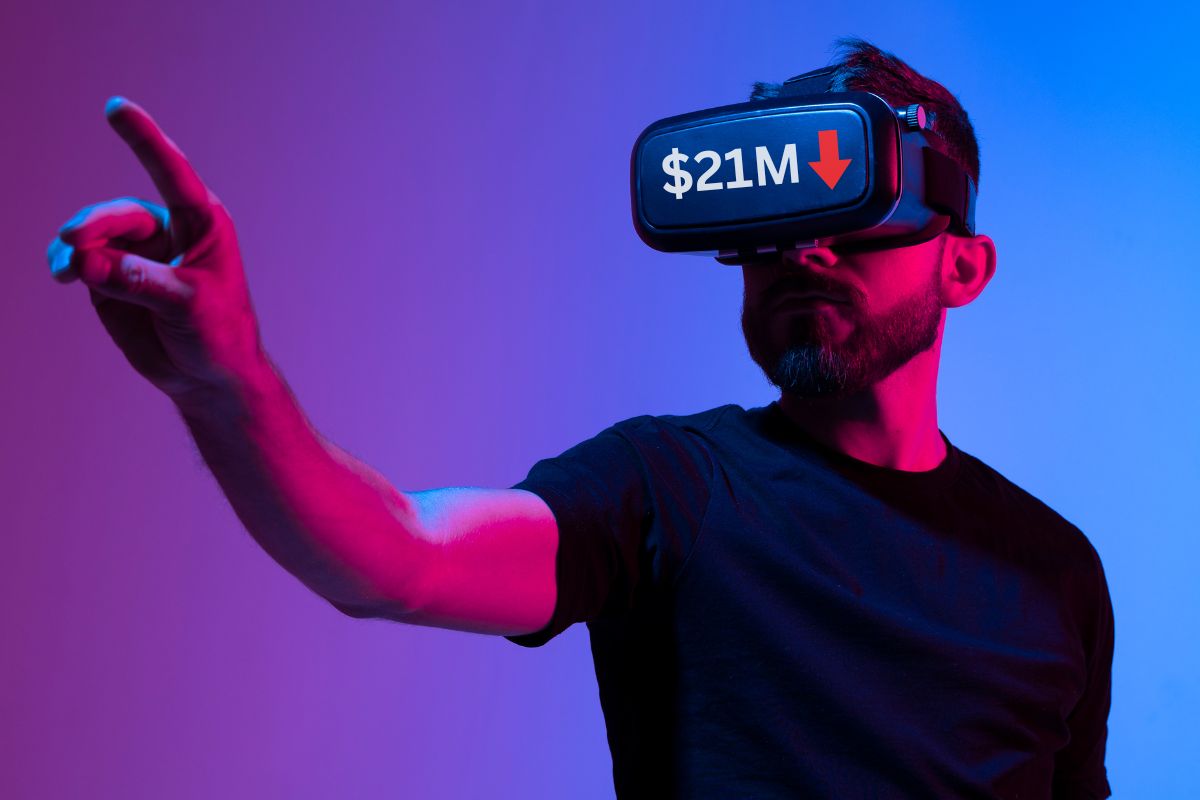Despite the massive expense and the lack of popularity and interest, the CEO isn’t giving up.
Meta, Facebook’s parent company, has been dumping billions of dollars into the development and production of virtual reality hardware, software and experiences, even as consumers remain essentially disinterested in taking part.
From 2019 through 2022, Meta poured a tremendous $36 billion into its VR-focused division.
The company’s CEO Mark Zuckerberg has been highly enthusiastic about virtual reality technology and has been convinced that the world will follow. That said, even when the company’s Quest headset received strong reviews overall, its sales haven’t been anywhere near what would be needed to recoup the cost of its development and that of the VR metaverse. So far, the project has built up a loss of around $21 million.

By the close of 2020, the company had already lost $42 billion from that effort. In Q4 2023, Reality Labs, the VR division, brought in about $1 billion in revenue, which was a considerable milestone that was late to arrive, though hardly enough to scratch the surface on the losses. The total revenue of the entire company was closer to $40.1 billion.
At the same time that the virtual reality division brought in $1 billion, it also lost $4.6 billion.
That operating loss was a record breaker for the company. Still, Zuckerberg and Meta appear determined to continue spending and pushing forward on the VR future costing them such a large amount of money without any immediate sign of paying for itself.
Furthermore, a recent Circana analysis showed that there was a nearly 40 percent drop in VR and AR headset and glasses sales last year. The research firm’s data indicates that interest in the technology is slipping, particularly among young users.
That said, Apple recently unveiled its own Vision Pro headset that has been met with enthusiasm and early reviews have been highly positive. This has the potential of rebuilding consumer interest in virtual reality, though the $3,500 price tag could price many people out of the hardware for the time being. Still, the interest alone could play in Meta’s favor as it holds the course through its Metaverse.

